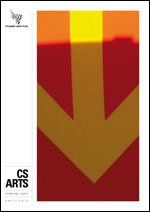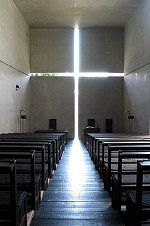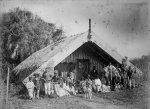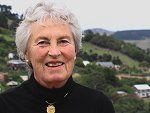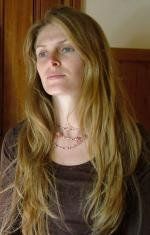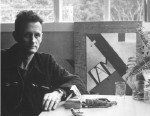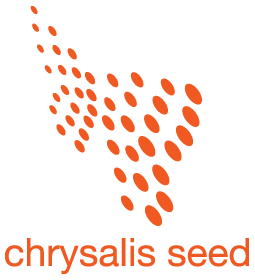

Slide title
Write your caption hereButton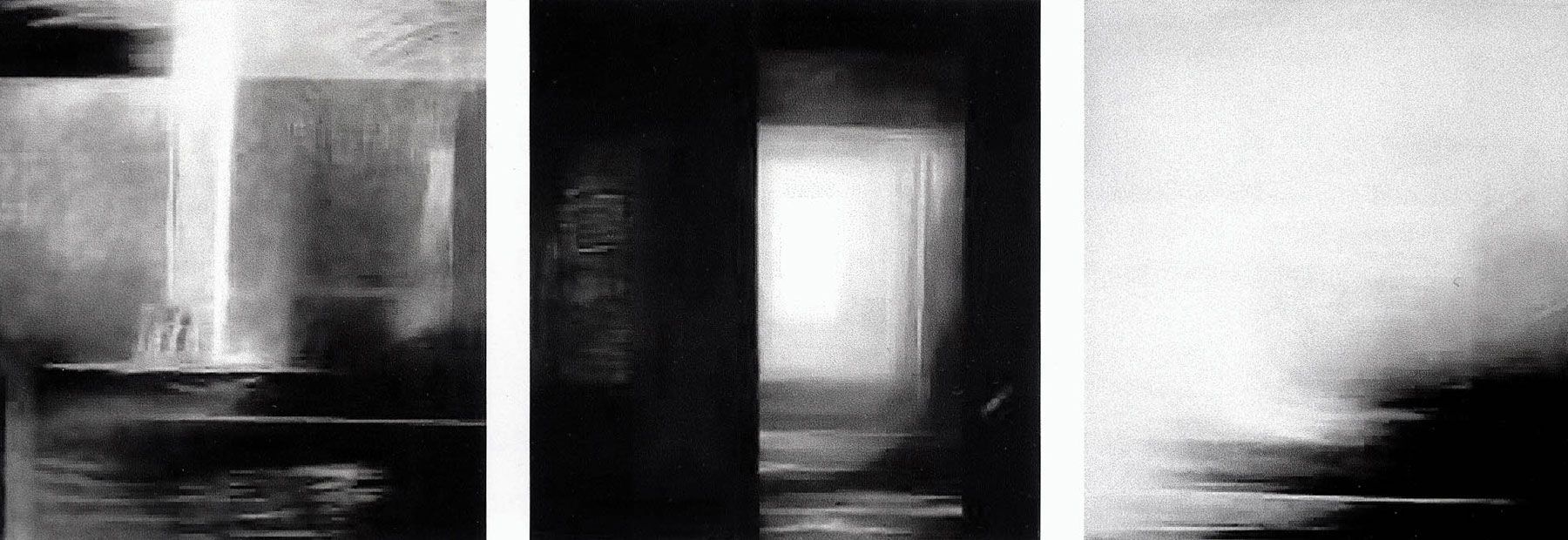
Slide title
Write your caption hereButton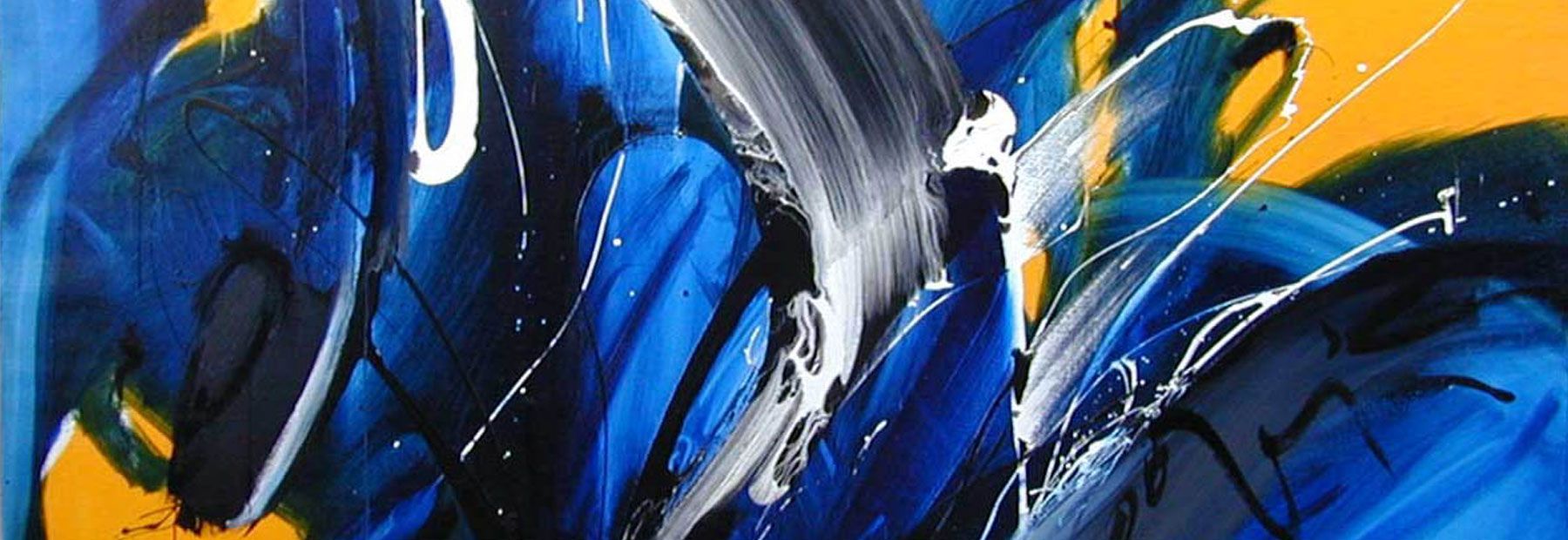
Slide title
Write your caption hereButton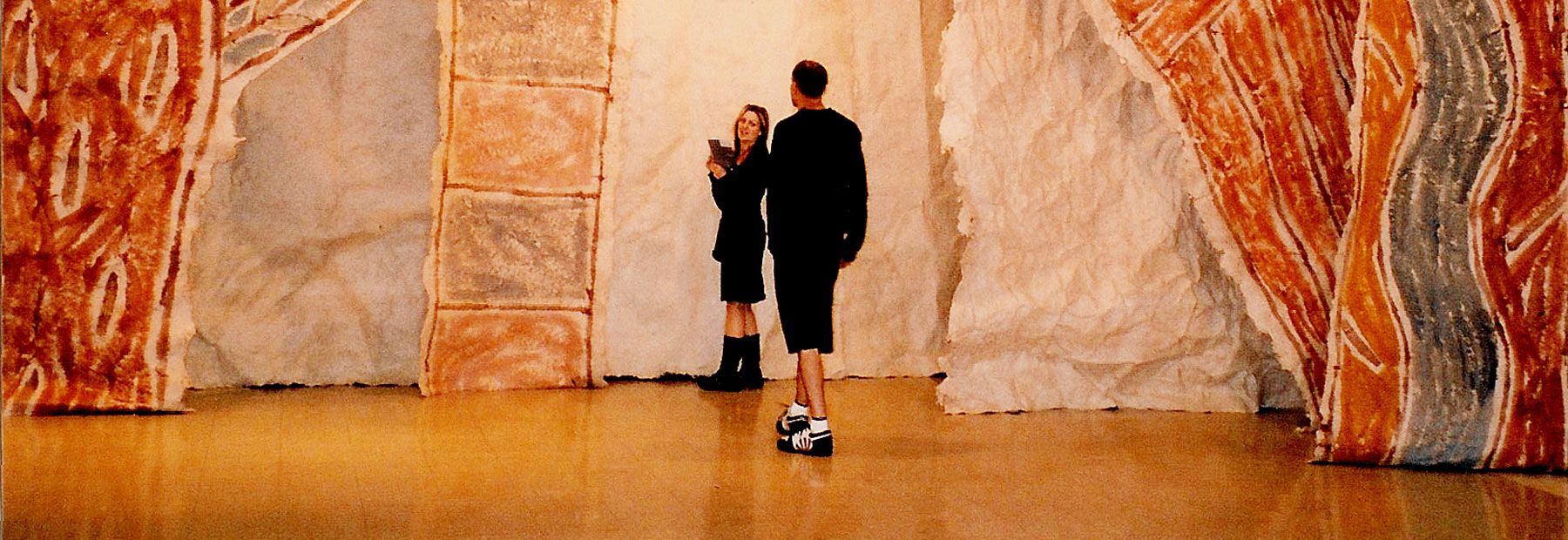
Slide title
Write your caption hereButton
Slide title
Write your caption hereButton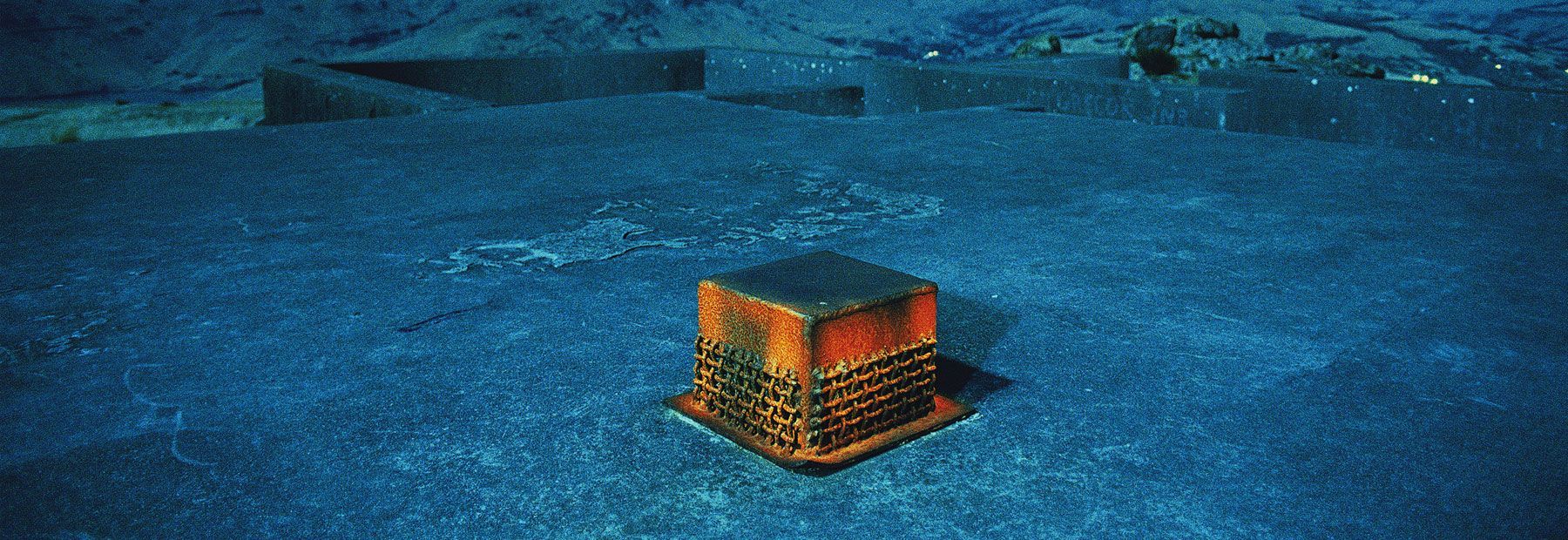
Slide title
Write your caption hereButton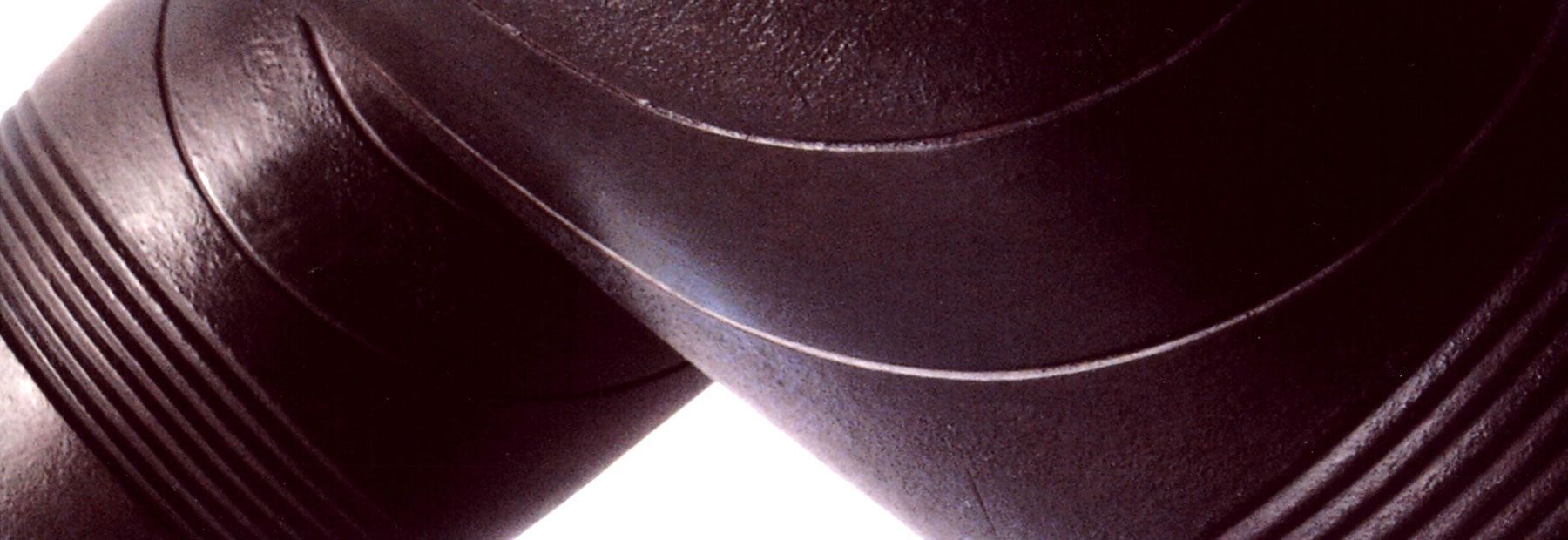
Slide title
Write your caption hereButton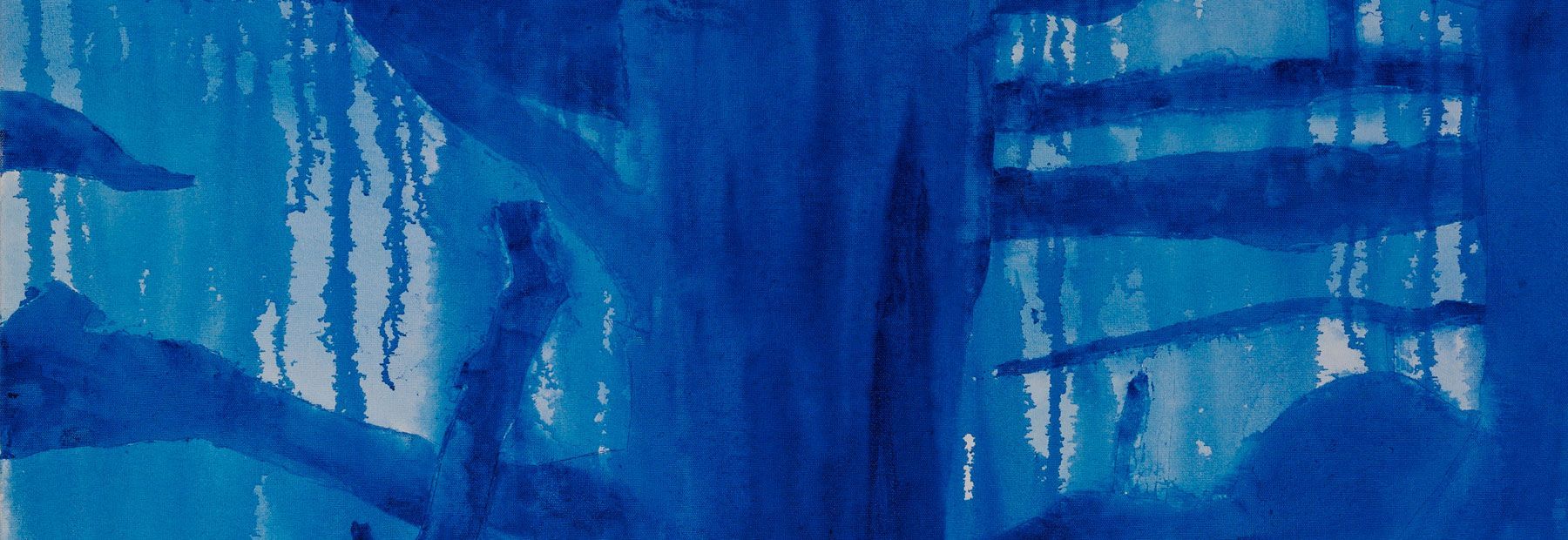
Slide title
Write your caption hereButton
PDF file, approx. 1.3 Mb
Where treasure is
An interview with Anne Fountain
Anne Fountain, an accomplished artist approaching her seventieth birthday, has learnt to deal with significant health problems. These challenges have caused her to assess her priorities in life, deepened her faith, and enabled a greater acceptance of self.
Anne had to lean firmly on her faith, taking great comfort in scripture: the Psalms being particular favourites. Calling on God in times of need deepened Anne’s personal relationship with Him, allowing spiritual and emotional healing.
Mini strokes, Parkinson’s disease and degenerative sight loss
Anne experienced a series of transient ischemic attacks (TIAs, or ‘mini strokes’) over a one-month period in 2003. Hospitalisation left her confused and feeling unwell. Symptoms of nausea continued and were followed four months later with a diagnosis of Parkinson’s disease.
‘I initially thought, I have got to make the most of my painting time. The shaking seems to have predominantly affected the left side; I am right-handed and therefore my painting has not been limited as yet. My writing style has been affected dramatically – the sense of frustration is huge.
‘Shortly after diagnosis, I found I also had cataracts. I was lucky enough to be able to have these treated and then receive laser therapy, achieving twenty-twenty vision – only to be diagnosed with Glaucoma (degenerative sight loss).’
Most attempts to do things resulted in Anne feeling overwhelmed as she worried about further TIAs and nausea.
‘Stress caused uncalled-for anxiety: others’ emotions, energy, anything could tax me. I absorbed it more. That was worse than the Parkinson’s. When I get one of these waves I do an internal scream – "Help, Lord!" – and I can imagine him coming close.’
Considering your health issues, how do you emotionally protect or take care of yourself?
‘I have a spiritual director, a person that I can unload to. I have high moments like reading and really believing Psalm 139: God knows what I’m doing, who I am.
‘Verse 7 of Psalm 140 – O Sovereign Lord, strong deliverer, who shields my head in the day of battle – can also relate to our own minds, negative thoughts; ruminating over things that get under your skin.
‘I have found great comfort in knowing that God loves us the way we are. A spiritual formation group I attend has been wonderful. I have realised how introverted I am, having tried for most of my life to be an extravert. Accepting myself as I am, a contemplative person, has been very healing.’
How does being a contemplative person affect your work or assist you with it?
‘I guess with the whole contemplative thing, the truth can be veiled. I do often put messages in my work that are metaphorically veiled. I like to think that there is something worth finding in the work; the truth is there, but not easy to see.’
Deeper meanings have been consistently inherent within her work from Find Gold ... find nothing (1997) to Tea Bee (2002) and works from her Rust and Moth series (2007).
What is it about sight and blindness that interests you as a subject matter?
‘A lot of people think they know things – I am meaning on a spiritual or emotional level – and often they don’t. Others have wisdom and knowing.
‘It reminds me of the Scribes and the Pharisees: Religion over relationship. The Pharisees were concerned with the law. They didn’t think about the practical fact that their mother needed money, and they could have helped, for instance.’
The Lewis chessmen have long been your subject matter. They have quite bold personalities attributed to them.
‘I don’t think I have any kind of identity thing with them, but sometimes I can be the queen. As in Moth and Rust (2005) – the queen has her hand to her mouth in shock and horror of money disappearing.
I can relate personally with the current economic climate, with large finance companies or corporations falling over bankrupt. People pursue wealth – what a waste of time, it is not safe.’
Your latest series, Rust and Moth, refers to processes of slow destruction. What ideas inspired this series?
‘The business behind trying to store up treasures, or the preoccupation with being hedonistic. If you are focused on this aim, you are probably, eventually, going to be disappointed.
‘Where your treasure is, there your heart will be [Matthew 7:7, the bible]. Is your treasure on earth or in the Kingdom? What are your goals in life?
I don’t want to be condemning of others. God has given us pleasures to enjoy, he gifts us with amazing things; but they are not my aim in life.’
It is unusual to see such playfulness and a quirky sense of humour running alongside, and perhaps juxtaposing, deeper meanings. Is this purposeful?
‘Yes – life can be difficult and unfunny, so to bring some humour in takes the sting out of the tail.
As with Hot Water Bottles [two naked figures with hot-water bottles covering their genitalia]: this is just playfulness, aimed at giving people a laugh. It was inspired by a quote by George Mikes from How to be an Alien: "Continentals have sex lives like the English have hot water bottles."’
What series of work are you most happy with, and why?
‘Probably the Moth and Rust series, because the message was strong, but not in-your-face. Making the tin go rusty – leaving it under a shrub over winter – was fun. I enjoyed the assemblage and found it successful. I am pleased with the different textures – the matt black against the wax or shiny paint.
‘There is nothing sweet about them; quite in contrast to my Seasons series, they just work. In fact, I feel they were so successful I don’t know where I am going now.
‘I realise now, as I have got older, I am more sensitive to others’ emotions, others’ opinions. Feeling I have used up all my ideas adds to this uncertainty I have, of not being sure where to go from here.
‘The Lord has changed me and continues to do so. Healing the body is less important to me than healing the inner soul and spirit. Coming into closer relationship with Jesus and my heavenly Father, I crave quietness and solitude, God’s presence.’
Anne was interviewed by Janet Joyce.
